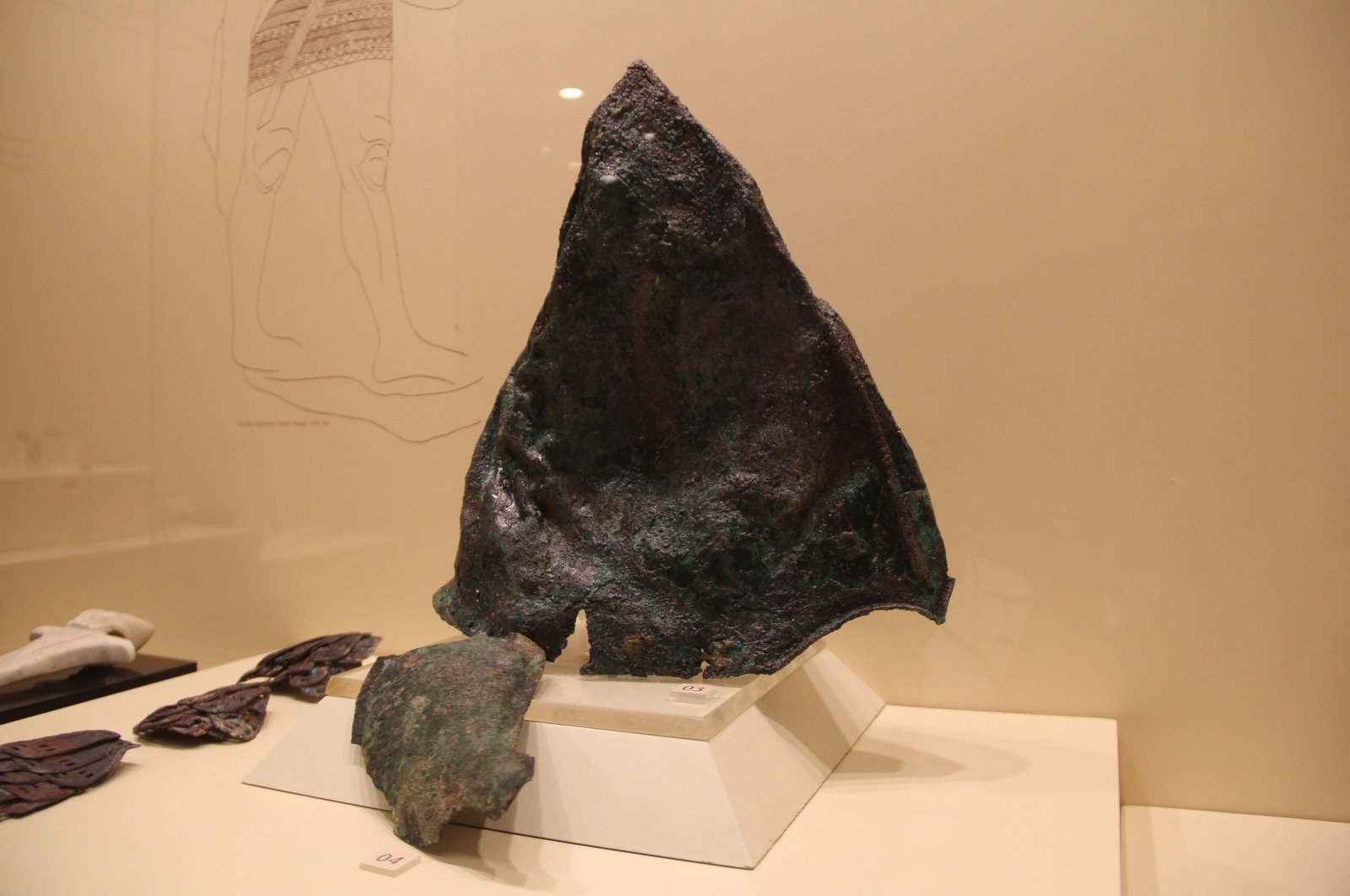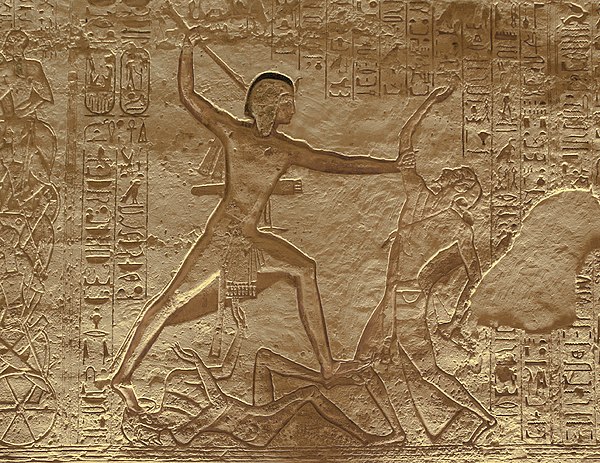The Hittite Empire, flourishing between 1600 BCE and 1178 BCE, was one of the great powers of the ancient Near East. Centered in Anatolia (modern-day Turkey), the empire is renowned for its military prowess, advanced legal systems, and its rivalry with Egypt. Their capital, Hattusa, is a UNESCO World Heritage Site.

A bronze Hittite warrior helmet, showcasing their craftsmanship.
The Hittites were pioneers in ironworking, giving them a significant advantage in weaponry. Their laws were progressive, emphasizing compensation over capital punishment. They worshipped a pantheon of gods, with the storm god Tarhunt as their chief deity. Hittite art and architecture, such as the Lion Gate at Hattusa, remain iconic symbols of their culture.

The Lion Gate at Hattusa, a testament to Hittite architectural mastery.
The Hittite Empire reached its zenith under King Suppiluliuma I, but frequent conflicts, including the famous Battle of Kadesh against Egypt, drained its resources. The empire eventually fell around 1178 BCE due to invasions by the Sea Peoples and internal strife, marking the end of the Bronze Age in the region.

A depiction of the Battle of Kadesh, fought between the Hittites and Egypt.